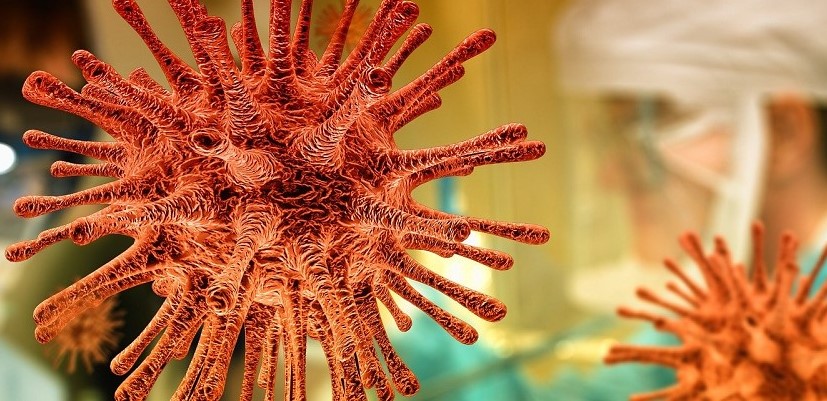COVID-19: what is happening in the area of urban mobility

COVID-19 has a disruptive impact on the way we live and move around, on cities and society as a whole.
EIT Urban Mobility will do what it can to support its partners and stakeholders in mitigating the socio-economic impact of COVID-19 on mobility, its impact on the transport sector and on cities and the way we live as a whole. We will post news and articles regularly here, so check in every now and then for updates.
Paris plans to create 650 km of pop-up ‘corona cycleways’
Paris is the latest global city to roll out emergency bike lanes for the use of key workers and others during the lockdown. 650 kilometers of cycleways—including a number of pop-up “corona cycleways”—will be readied for May 11 when lockdown is eased in France. Read the entire article here.
Milan announces ambitious scheme to reduce car use after lockdown
Milan is to introduce one of Europe’s most ambitious schemes reallocating street space from cars to cycling and walking, in response to the coronavirus crisis. Read the entire article here.
Will COVID-19 fundamentally change mobility?
The mobility sector has been one of the industries most affected by the outbreak. This article provides interesting information of the immediate impact of the isolation measures on the industry and explores the degree to which the long term consequences may affect mobility even after the peak of the pandemic passes. Read the entire article here.
Digital lessons from COVID-19
The coronavirus pandemic has already had a profound effect on how we leverage and continue our societal digital transition. What are the key lessons being learned? What type of new digital deal must prevail to adequately power a post-coronavirus world? Read the entire article here.
Big data and behavioural analyses to guide through the crisis
In response to COVID-19, Technical University of Denmark (DTU) has initiated a big data & machine learning research project including, among other things, behavioural psychology. The research will help us understand the connections between the government’s handling of the crisis, media coverage, the population’s behaviour, and spread of the virus. Read the entire article here.
City bike season to start in Helsinki earlier than last year
At the request of the National Institute for Health and Welfare (THL), the City of Helsinki, HKL and the City of Espoo decided to bring forward the opening of the city bike season because the use of the bikes could provide one way to mitigate the spread of the virus. Read the entire article here.
Corona-free mobility: cars and non-motorized mobility
The comeback of the private car in times of Corona. How to ensure safe mobility and a good life for all, even in times of Corona? Read the entire article here.
Up to 50% drop in air pollution due to reduced traffic in cities
European Environment Agency’s (EEA) data confirm large decreases in air pollutant concentrations largely due to reduced traffic and other activities, especially in major cities under lockdown measures. Read the entire article and additional documentation here.


 Share this page
Share this page


